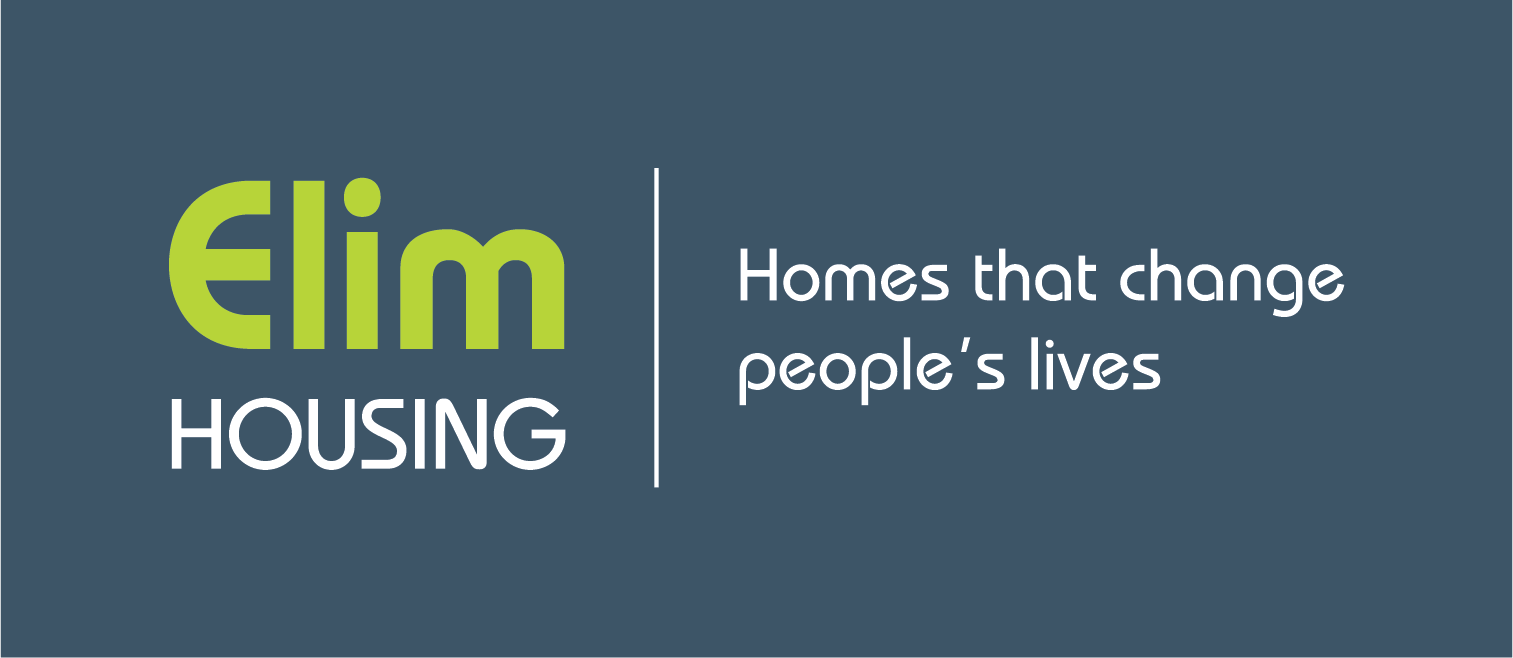Your Tools
The benefits system is there to help people manage when they are not working, can’t work or are on a low income.
There are also benefits in place to support disabled people and their carers. For more information on the benefits you may be entitled to go to www.entitledto.co.uk. The government have a page explaining different benefits at www.gov.uk/browse/benefits.
If you want advice on claiming or managing your housing related benefits, please contact our Housing team on 01454 411172 or email us at info@elimhousing.co.uk

The Household Assistance Fund provides one-off financial sums to Elim customers who find themselves in financial difficulty with no disposable income or alternative means of short-term financial support. These will be discretionary one-off sums, usually in voucher form, and repayment will not be required. Payments made will be up to a maximum value of £250.
The fund can be used to enable customers to access basic living essentials or support in a time of financial hardship. Examples of what the fund could be used for are set out below, however this list is not exhaustive:
To make an application to the Household Assistance Fund please contact your Housing Officer. If you are unsure who your Housing Officer is, call us on 01454 411172 and a member of our team will be able to help you.
You will be provided with an application form and assistance in completing it. As part of this process we will ask you to provide us with your household income and expenditure information. This will enable us to consider whether you may be eligible for additional welfare benefits and in this case we will provide you with appropriate advice and support to make a claim
Once your application is reviewed, you should expect to hear from us within 3 working days.
What our funds cannot cover:
Please be aware that the application process will be subject to the availability of remaining funds in the Housing Assistance Fund budget at the point of application.
This fund is not targeted at customers living in Elim supported housing schemes. If you are a supported housing resident in need of urgent help as a result financial difficulty, please speak to your Supported Housing Officer who will be able to help you.
Copyright © 2018 - 2025 · Elim Housing. All Rights Reserved · soVisionIT Web Design
